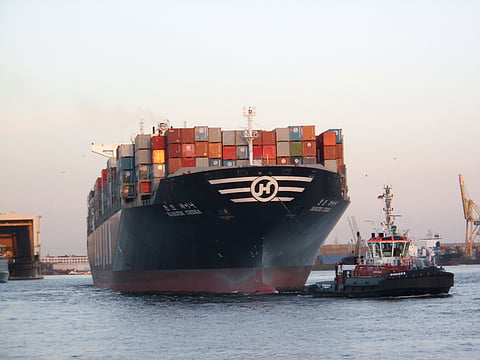

China has developed a confidential list of U.S.-made products exempt from its 125% tariffs, according to two sources familiar with the matter.
The move, aimed at softening the economic fallout from the ongoing trade dispute with the United States, involves discreet notifications to companies about the exemptions.
Previously, China granted tariff waivers for specific goods, including pharmaceuticals, microchips, and aircraft engines, and had been consulting firms to pinpoint critical imports requiring levy exemptions.
The existence of this so-called “whitelist,” however, was not previously disclosed.
One source, employed at a pharmaceutical company selling U.S.-made medicines in China, revealed that their firm was contacted by the Shanghai Pudong government on Monday regarding the exemption list.
“We still have many technologies we need from the U.S.,” the source stated, noting their company’s prior lobbying efforts for tariff relief due to reliance on American technologies.
The specifics of the whitelist, including the number and types of products included, remain undisclosed, as authorities have not made the list public.
Companies are being privately informed about product classifications eligible for exemptions, with some instructed to contact authorities directly to verify if their imports qualify, according to the sources.
Additionally, China recently waived tariffs on U.S. ethane imports, as major processors sought exemptions due to the U.S. being their sole supplier, Reuters reported on Tuesday.
Beijing’s subdued approach enables it to maintain its public stance of resilience against U.S. tariffs, which Washington has set at 145%, while pragmatically offering concessions.
U.S. President Donald Trump expressed optimism about a potential trade agreement on Tuesday, stating, “But it’s going to be a fair deal.”
China’s commerce and customs ministries did not respond to requests for comment.
In parallel, Chinese authorities are surveying companies to evaluate the trade war’s effects.
In Eastern China, officials recently met with a foreign business lobby group, requesting they “communicate all critical situations caused by tariff tensions to evaluate specific cases,” a source with direct knowledge reported.
Additionally, Xiamen authorities distributed a survey to textiles and semiconductor firms on Sunday, seeking details on U.S.-traded products and tariff impacts.